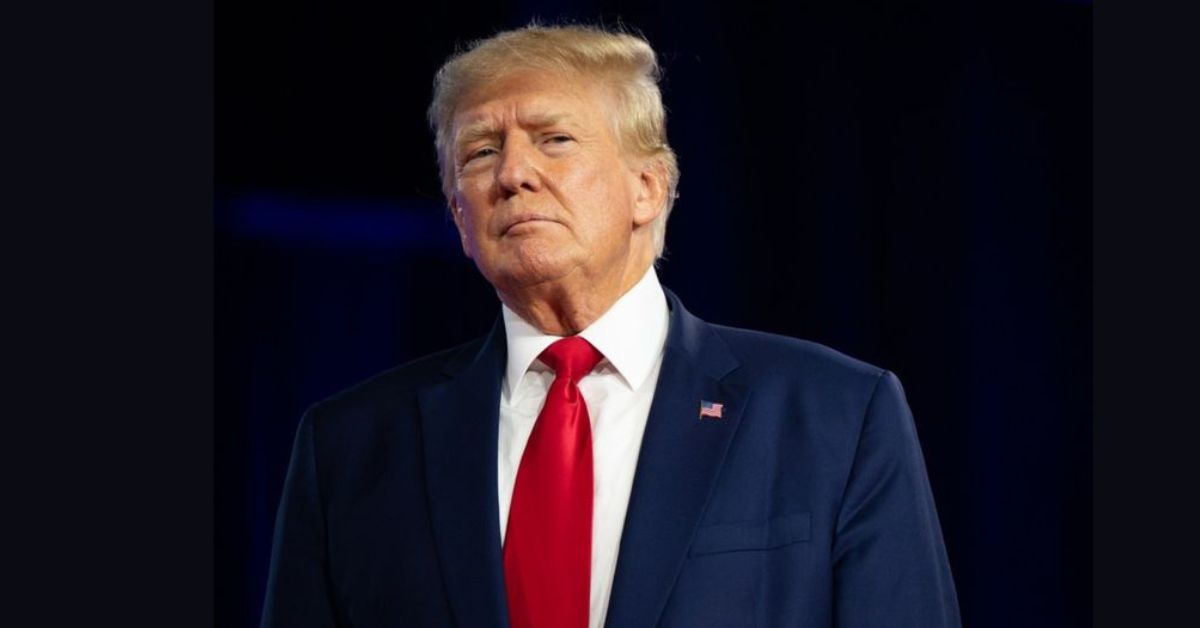On August 28, 2025, President Donald Trump’s frustration with delays in confirming his nominees has reignited tensions in the U.S. Senate, prompting Republicans to consider unilateral rule changes to expedite the process. With 145 nominees awaiting floor votes, Senate Majority Whip John Barrasso emphasized the need for either Democratic cooperation or procedural reforms, citing tactics used by both parties to slow confirmations over the past two decades. Senate Democrats, led by Minority Leader Chuck Schumer, defend their rigorous scrutiny of Trump’s nominees, arguing it is warranted by their controversial nature. Options under consideration include eliminating procedural votes, shortening debate times, or using recess appointments, which would require coordination with the House. This ongoing standoff could reshape Senate operations and influence governance, politics, and public administration across multiple levels.
Impact Analysis:
- Impact on State / Local Governance
- Increased administrative uncertainty: Delays in confirming federal nominees, particularly for agencies like the Department of Health and Human Services or the Environmental Protection Agency, could disrupt federal-state coordination, delaying funding and policy guidance critical for state-level programs such as public health or infrastructure.
- Strain on local resources: Prolonged vacancies in federal positions may force state and local governments to allocate additional resources to compensate for absent federal oversight, potentially affecting disaster response or public safety initiatives.
- Impact on National Governance & Politics
- Escalation of partisan gridlock: The push for unilateral rule changes, such as the “nuclear option” to bypass procedural votes, could deepen partisan divides, reducing bipartisan cooperation on future legislation and further eroding Senate norms.
- Potential for increased executive power: If recess appointments are pursued, bypassing Senate confirmation could set a precedent for expanding presidential authority, potentially undermining the Senate’s constitutional “advice and consent” role.
- Congressional workload strain: The focus on nominee confirmations may divert attention from legislative priorities, delaying action on critical issues like budget appropriations or national security policies.
- Impact on Economy & Trade
- Policy implementation delays: Unfilled leadership roles in agencies like the Department of Commerce or Treasury could slow the rollout of trade policies or economic initiatives, creating uncertainty for businesses reliant on federal regulations or international trade agreements.
- Investor confidence impact: Prolonged confirmation delays and political instability in the Senate may signal governance dysfunction, potentially affecting market stability and investor confidence in U.S. economic policy.
- Impact on International Relations
- Delayed diplomatic appointments: Stalled confirmations for key roles like ambassadors or State Department officials could hinder U.S. diplomatic efforts, weakening negotiations on trade, security, or climate agreements with global partners
- Perception of U.S. instability: International allies may view the Senate’s confirmation gridlock as a sign of political dysfunction, potentially diminishing U.S. credibility in multilateral forums like the United Nations or G7.
- Impact on People’s Daily Life & Society
- Disruption of federal services: Vacancies in Senate-confirmed positions could delay critical services, such as veterans’ benefits or disaster relief, directly affecting citizens’ access to federal support programs.
- Public trust erosion: Ongoing partisan battles over confirmations, coupled with potential rule changes, may further erode public confidence in government institutions, as citizens perceive inefficiency and political posturing.
- Policy uncertainty: Delays in confirming agency leaders could stall updates to regulations affecting healthcare, education, or environmental protections, leaving citizens uncertain about future policies.
Latest Government Data / Stats
- Senate confirmation pace: As of August 11, 2025, the Senate confirmed 98 nominees in Trump’s second term after 200 days, compared to 89 at the same point in his first term, but lagging behind Bush and Obama administrations.
- Number of Senate-confirmed positions: Approximately 1,300 political appointee positions require Senate confirmation, with confirmations taking an average of 192 days under Biden’s administration, compared to 69 days under Reagan.
The largest impact is likely in national governance and politics due to the potential for significant changes in Senate procedures and the balance of power. The GOP’s consideration of the “nuclear option” to eliminate procedural votes or reduce debate time could fundamentally alter Senate operations, reducing the minority party’s ability to influence nominations. This shift risks further eroding bipartisan norms and could set a precedent for bypassing Senate oversight, enhancing executive power. The focus on confirmations also diverts attention from legislative priorities, potentially stalling critical national policies. With 145 nominees pending and a history of escalating partisan tactics, this standoff could reshape the Senate’s role in governance for years to come.
Conclusion:
The Senate’s deadlock over Trump’s nominees threatens to reshape legislative norms, potentially increasing executive power and delaying critical federal appointments. This standoff could undermine public trust and hinder effective governance across multiple sectors.
Author
-

Tyler Grayson brings global events to your screen with clarity, depth, and context. With a background in political science and international relations, Tyler covers diplomacy, global conflicts, climate issues, and major policy shifts with a balanced, facts-first approach. His reporting connects the dots between headlines and their real-world impact.







